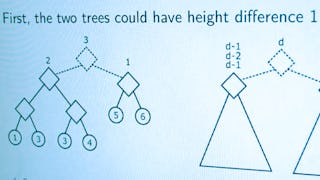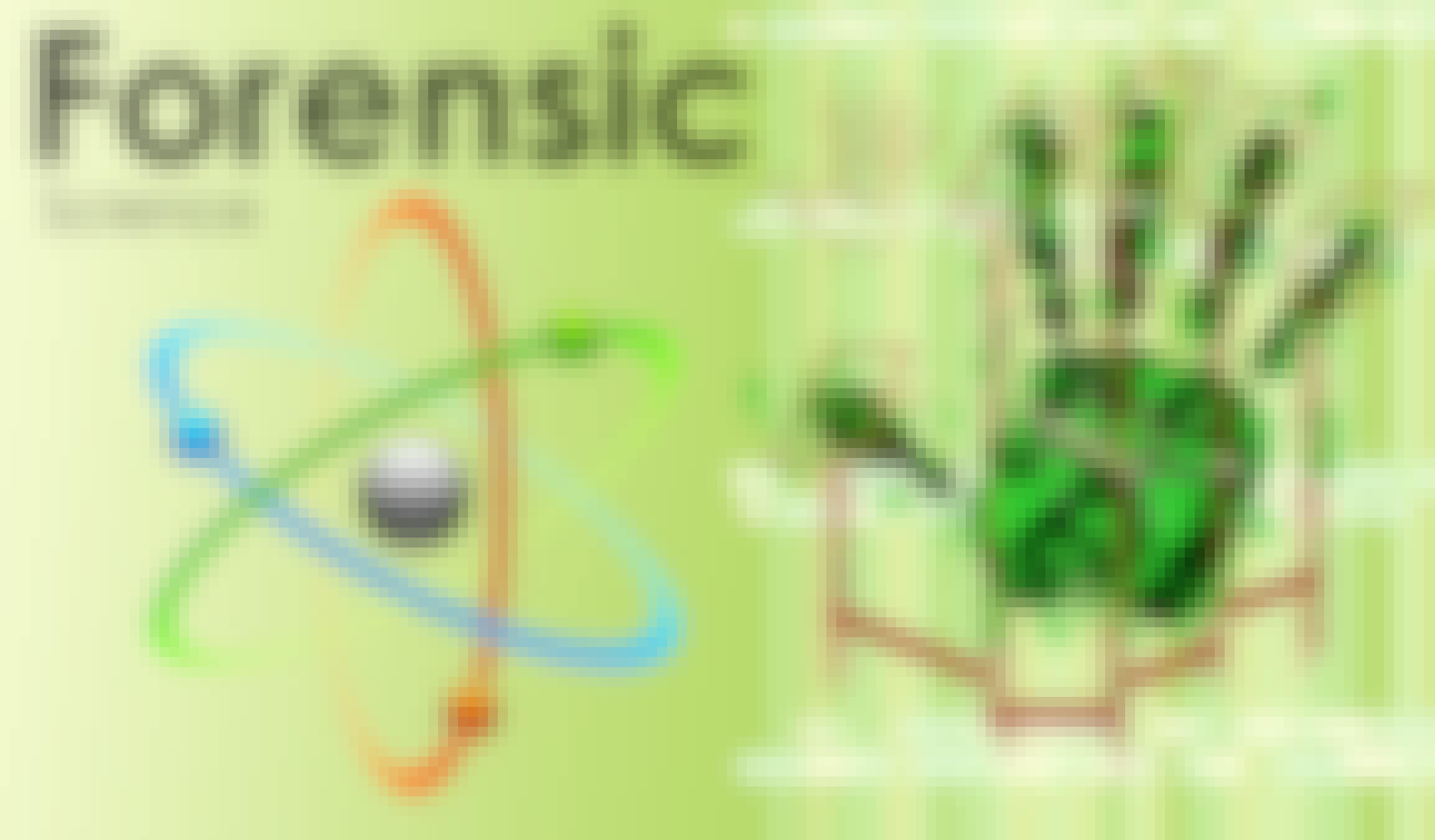Filter by
SubjectRequired
LanguageRequired
The language used throughout the course, in both instruction and assessments.
Learning ProductRequired
LevelRequired
DurationRequired
SkillsRequired
SubtitlesRequired
EducatorRequired
Explore the Scientific Computing Course Catalog
 Status: Free Trial
Status: Free TrialSkills you'll gain: Image Analysis, Matlab, Computer Vision, Automation, Anomaly Detection, Spatial Data Analysis, Medical Imaging, Spatial Analysis, Quantitative Research, Graphical Tools, Data Access, Data Import/Export, Data Store

Duke University
Skills you'll gain: Psychology, Learning Theory, Training Programs, Anthropology, Social Sciences, Experimentation, Research, Scientific Methods, Non-Verbal Communication, Biology
 Status: NewStatus: Free Trial
Status: NewStatus: Free TrialSkills you'll gain: User Story, Sprint Retrospectives, Backlogs, Agile Product Development, Agile Software Development, Stakeholder Communications, Agile Methodology, Kanban Principles, Product Roadmaps, Virtual Teams, Stakeholder Management, Information Technology, Agile Project Management, Computer Hardware, Product Strategy, Product Planning, Product Management, Cloud Computing, Communication, Sprint Planning
 Status: Free Trial
Status: Free TrialDuke University
Skills you'll gain: Deductive Reasoning, Logical Reasoning, Computational Logic, Probability, Sampling (Statistics), Persuasive Communication, Research, Writing, Statistics, Scientific Methods, Oral Expression, Correlation Analysis, Interpersonal Communications, Interactive Learning, Learning Strategies, Instructional Strategies
 Status: Free Trial
Status: Free TrialUniversity of California San Diego
Skills you'll gain: Design Research, Interaction Design, User Experience Design, Statistical Analysis, Usability, Ideation, User Research, Graphic and Visual Design, User Interface (UI) Design, Experimentation, Prototyping, Human Centered Design, A/B Testing, Usability Testing, User Centered Design, Mockups, Human Computer Interaction, Human Factors, Collaborative Software, Telecommuting
 Status: Free Trial
Status: Free TrialÉcole Polytechnique Fédérale de Lausanne
Skills you'll gain: Scala Programming, Data Structures, Distributed Computing, Algorithms, Functional Design, Other Programming Languages, Java, Performance Tuning
 Status: Free Trial
Status: Free TrialUniversity of Pennsylvania
Skills you'll gain: Matplotlib, Object Oriented Design, Java, Object Oriented Programming (OOP), Data Analysis, Unit Testing, Pandas (Python Package), Eclipse (Software), Data Structures, Data Cleansing, Debugging, Pivot Tables And Charts, Data Visualization Software, Software Testing, Integrated Development Environments, Program Development, Programming Principles, Python Programming, Computer Programming, Computational Thinking

Nanyang Technological University, Singapore
Skills you'll gain: Criminal Investigation and Forensics, Scientific Methods, Chemistry, Investigation, Biochemistry, Pharmacology, Laboratory Testing, Pathology, Microbiology

Amazon Web Services
Skills you'll gain: Amazon Web Services, Amazon CloudWatch, Public Cloud, AWS Identity and Access Management (IAM), Cloud Services, Cloud Computing, Cloud Platforms, Cloud Infrastructure, Amazon Elastic Compute Cloud, Cloud Management, Cloud Security, Amazon S3, Cloud Computing Architecture, Continuous Monitoring, Scalability

Johns Hopkins University
Skills you'll gain: Clinical Trials, Scientific Methods, Medical Science and Research, Biostatistics, Data Collection, Ethical Standards And Conduct, Regulatory Compliance, Sample Size Determination, Statistical Methods, Statistical Analysis, Statistical Hypothesis Testing
 Status: Free Trial
Status: Free TrialSkills you'll gain: Cloud Infrastructure, Cloud Storage, Infrastructure As A Service (IaaS), Google Cloud Platform, Cloud Computing Architecture, Cloud Computing, Network Infrastructure, Virtual Machines, Cloud Management, Virtual Private Networks (VPN), Command-Line Interface, Firewall

Ludwig-Maximilians-Universität München (LMU)
Skills you'll gain: Finite Element Methods, Numerical Analysis, Engineering Analysis, Jupyter, Differential Equations, Applied Mathematics, NumPy, Mathematical Modeling, Distributed Computing, Python Programming, Mechanics, Vibrations, Linear Algebra, Simulations
In summary, here are 10 of our most popular scientific computing courses
- Image Processing for Engineering and Science: MathWorks
- Dog Emotion and Cognition: Duke University
- IBM Product Owner: IBM
- Introduction to Logic and Critical Thinking: Duke University
- Interaction Design: University of California San Diego
- Parallel programming: École Polytechnique Fédérale de Lausanne
- Introduction to Programming with Python and Java: University of Pennsylvania
- Introduction to Forensic Science: Nanyang Technological University, Singapore
- AWS Cloud Practitioner Essentials: Amazon Web Services
- Design and Interpretation of Clinical Trials: Johns Hopkins University










